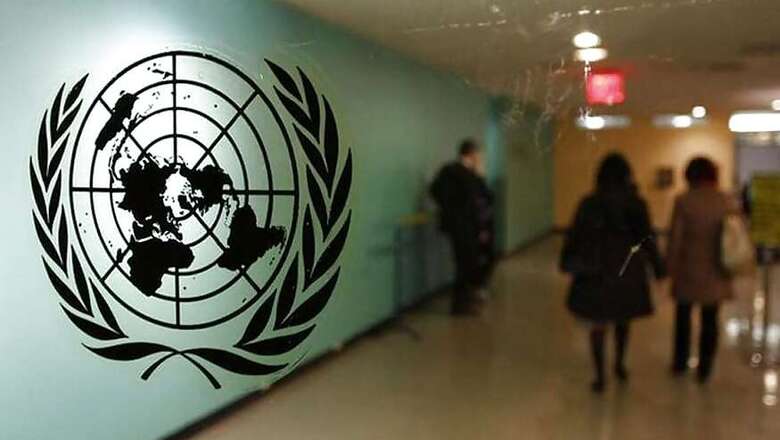
views
New Delhi: India on Wednesday summoned the acting high commissioner of Pakistan and demanded the immediate and safe return of an IAF pilot who was captured by Pakistan following an aerial engagement by air forces of the two countries.
It has also been made clear to Pakistan that no harm should be caused to the IAF Wing Commander, the External Affairs Ministry said, adding it has conveyed strong objection to Islamabad at the "vulgar display" of an injured personnel in violation of all norms of International Humanitarian Law and the Geneva Convention.
As the world leaders urge the two nuclear-armed rivals to exercise restraint, here’s what India can do to bring back the pilot and what the international law says on the matter.
The law in such matters is governed by International Committee of Red Cross which lays down detailed mechanisms of how two or more nations engaged in a conflict should deal with enemy soldiers captured. More specifically, the third Geneva Convention of 1949 lays down a wide range of protection for prisoners of war. It defines their rights and sets down detailed rules for their treatment and eventual release. International humanitarian law (IHL) also protects other persons deprived of liberty as a result of armed conflict.
Prof Manoj Kumar Sinha, Director of Indian Law Institute and an expert on International law, says whether it is determined that there is a state of war or armed conflict or not, "a person has to be tested humanely and with respect when captured by another country. The member of the armed forces will have to be given all rights in accordance with UDHR and International Humanitarian Law".
Sinha also added that as per convention as soon as the period of conflict or war is over, the officer needs to be handed over to the country of origin.
Under detention during the conflict, the ‘prisoner of war’ has rights under the international charter that protects him from torture, intimidation and also the basic human rights. The country having such PoWs can prosecute them for war crimes but not for the violent acts during the armed confrontation or for taking part in the hostilities.
Article 4 of the third Geneva Convention defines the ‘prisoners of war’ and lays down their rights. The convention lists out in detail that the country having prisoners of war must provide them with basic amenities and also have a respect for the rank and designation of the officer captured.
One of the questions that arise is whether the present hostilities be termed as ‘war’ without any formal announcement. The relevant convention and earlier definitions of ‘war’ under the Hague Convention of 1899 defines its very broadly. Such hostilities without any formal announcement and the eventual arrest of the IAF pilot by Pakistan are covered under the definition of ‘prisoners of war’ and accorded protections.
The last precedent is of Kambampati Nachiketa, who was captured during the Kargil war between India and Pakistan in 1999. After the war came to an end, India had to build an international pressure on Pakistan for his release.
Diplomacy and international pressure are the key tools through which national governments can ascertain that the enemy nation follows the international protocol. Like much of the international law, the implementation of it is ensured by moral and international pressure of for the fear of diplomatic sanctions. Once again India will have to wage a diplomatic war to get IAF pilot Abhinandan Varthaman back.




















Comments
0 comment